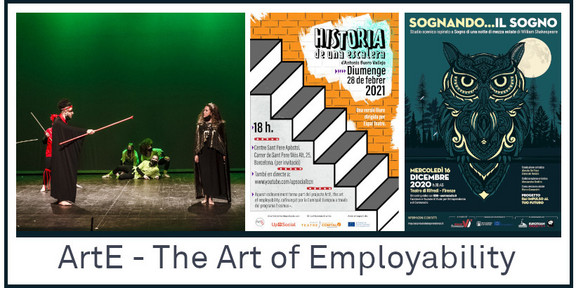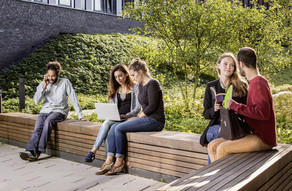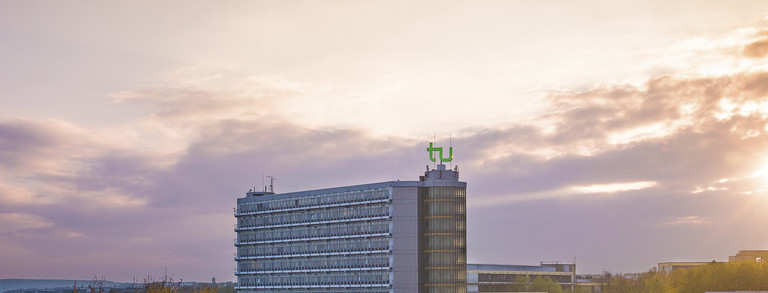2021
ERASMUS+ PROJECT ARTE: THEATRE PREMIERES IN FLORENCE AND BARCELONA UNDER SPECIAL CONDITIONS
- News
- Fakultät

ERASMUS+ PROJECT ARTE: THEATRE PREMIERES IN FLORENCE AND BARCELONA UNDER SPECIAL CONDITIONS
The show must go on - especially in pandemic exceptional times. This applies as never before as a look at ArtE pilot projects in Italy and Spain shows. The project "ArtE - The Art of Employability", scientifically monitored by sfs researchers Kerstin Guhlemann and Christine Best, aims to improve the social situation and labour market opportunities of young adults in the Mediterranean region; this by the combination of social work, entrepreneurship training with the artistic methods of drama and theatre. To organize the theatre work safely special concepts had to be enabled.
In the past year, we have all been trying to find solutions for our everyday lives in order to be able to lead a low-risk life under the conditions of the pandemic. Of course, this also affects the project work and poses great challenges, especially for projects which close social contact, so that the work often has to be redesigned spontaneously. Our partners in the ARTE project were also faced with this task.
The Erasmus+ project "ArtE - The Art of Employability", in which sfs researchers Kerstin Guhlemann and Christine Best are in charge of the scientific monitoring, aims to improve the social situation and labour market opportunities of young adults in the Mediterranean region. To realize the project, project partners from Italy, Spain, Portugal and Germany are applying the socially innovative approach of social art. Here, classic fields of social work and entrepreneurship training are taken up and combined with artistic methods of drama and theatre.
Since drama and theatre require personal interaction, our project partners Vivaio per I'Intraprendenza from Italy and UpSocial from Spain were faced with the challenge of adapting their work with the target groups to the pandemic conditions, developing concepts that do not endanger the health of all those involved and reacting flexibly to the latest developments at any time. Thus, Vivaio and Upsocial divided the group of participants and conducted the theatre training both digitally and live. The role of participants who had to be quarantined and spontaneously dropped out of the play was either filled by the trainer, for example, or the production was adapted to the omission. Almost every day, those responsible for the project and the participants were confronted with new situations that required creative solutions (more insights into the project work can be seen here). Despite the stresses and strains and the unusual way of working for theatre, the efforts were worth it: on 16 December 2020, Vivaio was able to stage a successful premiere of the play "Dreaming the Dream" based on William Shakespeare's "A Midsummer Night's Dream" at the Teatro di Rifredi in Florence. Unlike usual, the play was presented to over 1000 people online via livestream. After Vivaio, UpSocial also celebrated the premiere of the play "Historia de una escalera" by Antonio Buero Vallejo in Barcelona on 28 February 2021. The performance took place in a theatre here as well, just this time with a small live audience and also with a live stream. one could almost get the impression that the performance was a normal theatre premiere - but the masks on the faces of the participants revealed something else.
It remains to be said that both pilot projects were perfect examples of creative problem-solving processes in which alternatives and solutions were found impressively quickly and creatively. Our project partners StoneSoup from Portugal and Patchanka from Italy are still facing the challenges just described and will carry out their pilot projects in the course of the year.
For more details about the project please click this link to the ArtE blog.




